Interview by Stefanus Ian/Red Sports. Photos courtesy of Ethos Books.
A screenshot of UK Shyam from the mini documentary produced by Jeremy Ho/Run and Gun Media for Ethos Books. (Photo 1 courtesy of Ethos Books)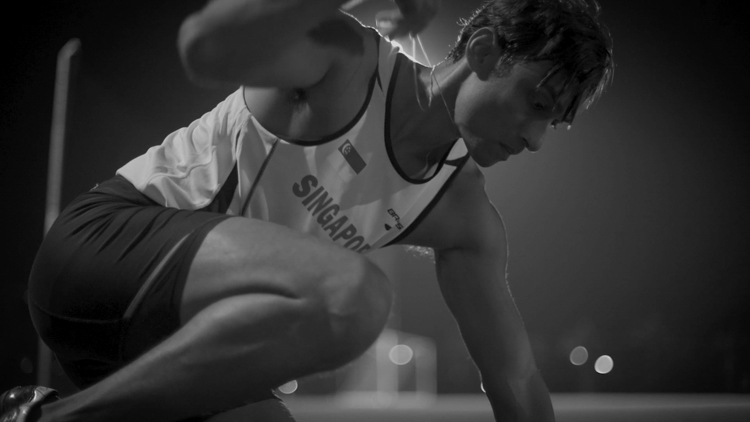
Umaglia Kancanangai Shyam Dhuleep, also known as UK Shyam, is Singapore’s national record holder for the 100m sprint with a time of 10.37s.
His journey to becoming the fastest man in Singapore, however, was filled with complications. Having quit the sport once, Shyam stumbled upon his “guardian angels” to become one of the most sought-after athletes in the country.
But he came crashing down very publicly as he struggled to juggle university and training. Together with fellow national sprinter Kenneth Khoo, Shyam recently published a book called “Running on Empty: The story behind 0.01s”, which chronicled Shyam’s career.
Following the launch of the book, Red Sports sat down with the duo to talk about the book — with Shyam saying that he hopes the book can be “an athlete’s handbook” for those who are looking to make a career in sports.
Watch the short documentary that was launched together with the book here
On finding support systems
Part 2 (of 5)
Red Sports: So where should athletes look to find the support systems for their sporting journey?
Kenneth: Okay, it’s difficult. I also want to say that I think the NSA does not have an easy job. Because they have so many people to take care of, they have to set these qualifying criteria. Unfortunately, some people meet the criteria and some people don’t.
What about those who don’t? And then when the NSA say that, “Look we only have x number of funds to go around. Do we give one dollar to everybody or do we put like 10 thousand into somebody who can do well?”
These are tough questions for the NSA to answer and it’s not an easy task. So when people do not get the support, I think, they’ll feel very marginalised, they will feel very demoralised and it is not the NSA’s fault all the time.
Red Sports: And you’re here to say that there are other sources of support that you can tap on?
Shyam: I think like the Chiam See Tong Sports fund is one such source that you know will look into athletes that come from a certain background and we try and hear them out and help them. Currently we are helping and even in the process of looking into helping a few other athletes. That’s just one such organization.
Red Sports: How did you meet these athletes? Did they come to you?
Shyam: I think some of the people on the board like Jose Raymond have good contacts and have touched base with the NSAs. So I think by virtue of a lot of the board members being involved in sports, it’s easy for us to get to know of athletes. Uncle Peng Siong is the chairman of the board.
Red Sports: And so apart from the Chiam See Tong foundation, are there more avenues?
Shyam: I think Deloitte is one right? I mean an organization that is non-sporting that is outwardly coming to hire athletes and all that, I think that’s the direction we need to have.
Kenneth: I think we could use more corporate entities like them, who are putting athletes on their payroll and these athletes are working, but they have a flexible arrangement and this is very common in places like Japan and elsewhere.
So in one fell swoop, you just solved this livelihood problem for the athletes and when they are guaranteed a job, of course, they will train.
If you tell me that I am going to put everything into (full time training without a job), there is so much uncertainty. “Oh no, I am going to lose out on promotion, my colleagues are going to be five years ahead of the curve and then at that age of like 30-something I am entering the workforce as a first-year.”
Sometimes, these are the opportunity costs of wanting to pursue sports.
Red Sports: What can the new generation of athletes do to inform themselves of how to support themselves in order to train full-time?
Kenneth: I think (athletes) have to not be afraid to ask for help. Sometimes if you need help, you should just come out and say that I need help.
I think there are a lot of people who are willing to help you. I think athletes like Sarah Pang, Aisyah, they have openly come out to say that they’ve wanted help and through crowdfunding sources they managed to make enough.
Shyam: Crowdfunding is a useful mechanism now. Back then we don’t have crowdfunding.
Kenneth: And athletes now are definitely more bold in marketing themselves and that’s where the sponsors are (coming into play). I think we see people like (Soh) Rui Yong making a lot of posts, some are controversial, some are not so, but I get what he is trying to do. He’s trying to give his sponsors traction because that’s how the sponsors come in and give the support to the athletes.
Related stories:
“It was a leap of faith for Peng Siong” – an interview with UK Shyam and Kenneth Khoo (Part 1)

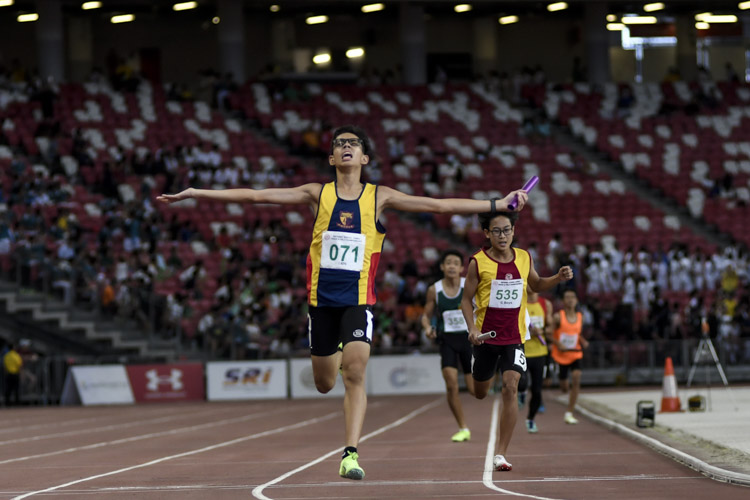
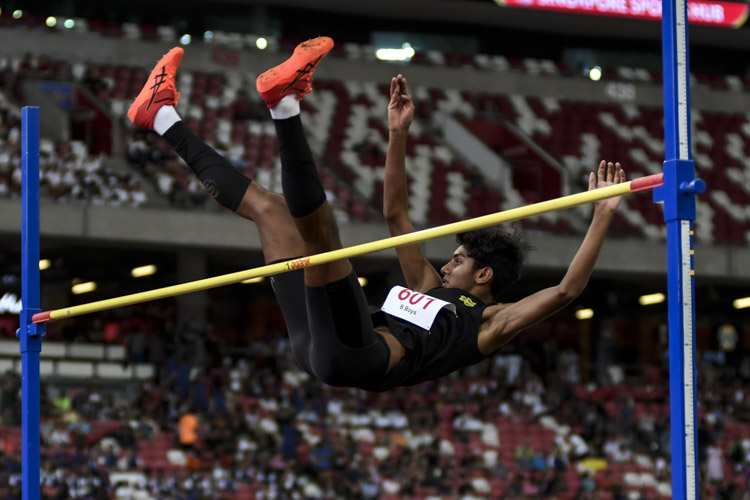
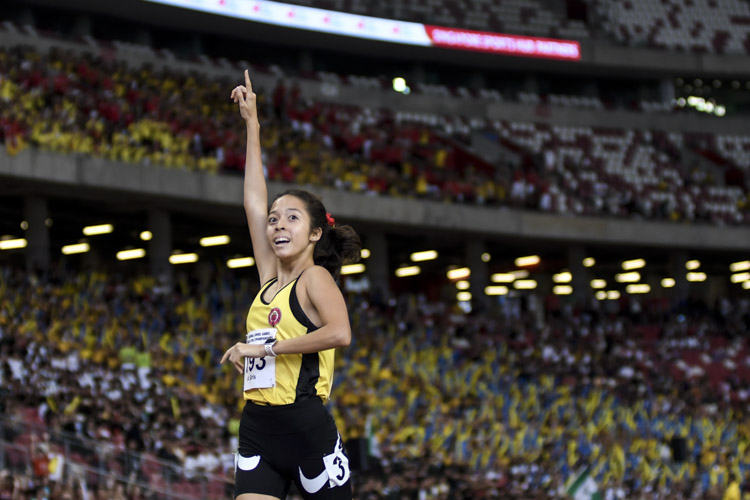
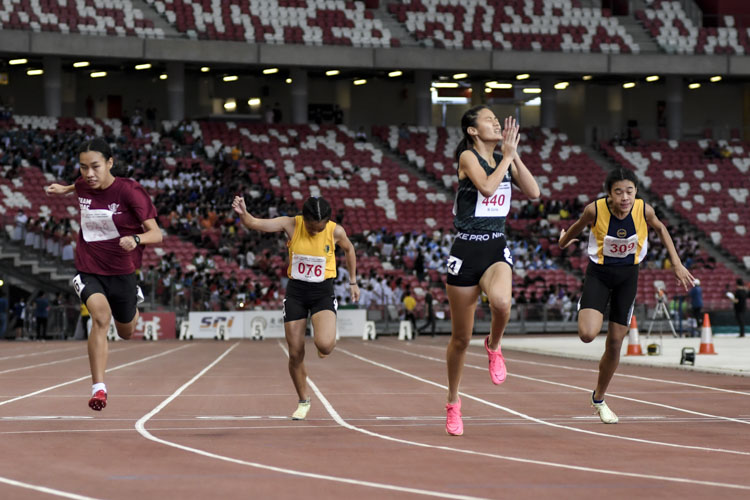
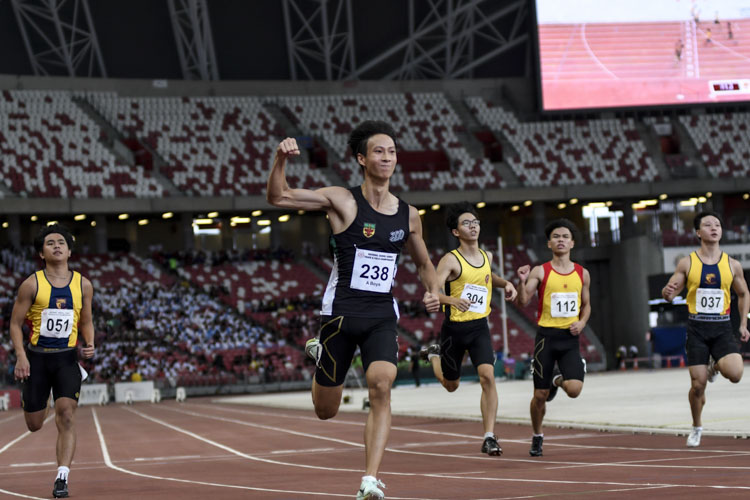
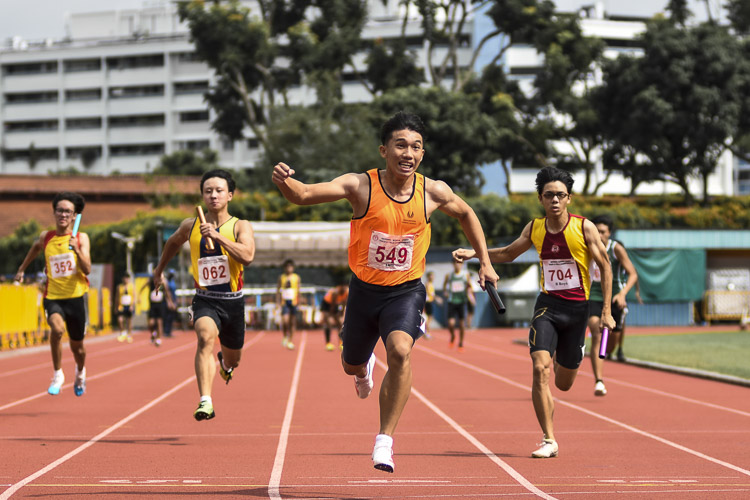
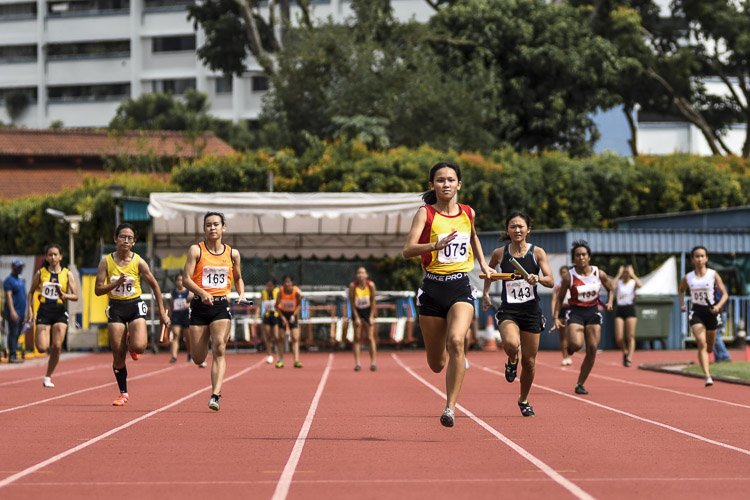
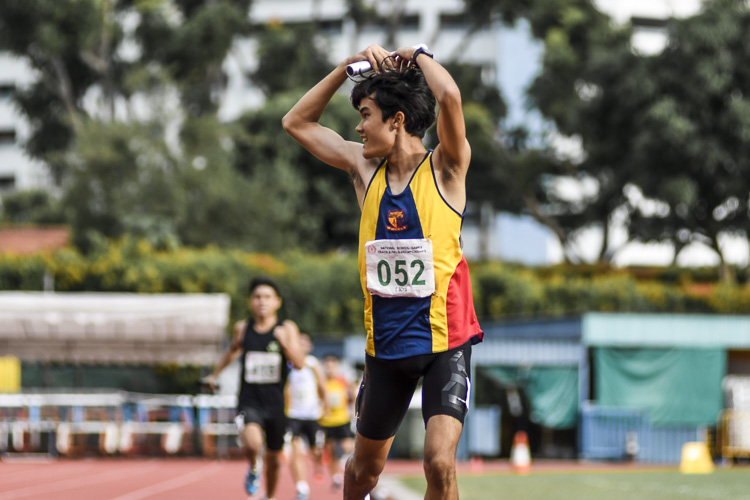

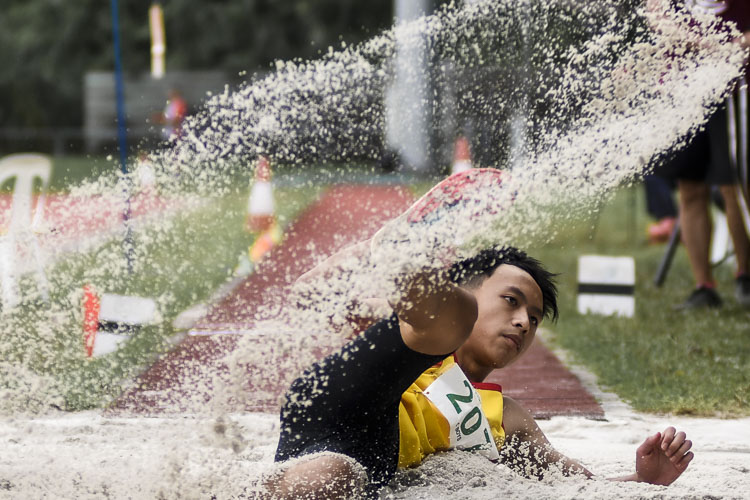
Leave A Comment